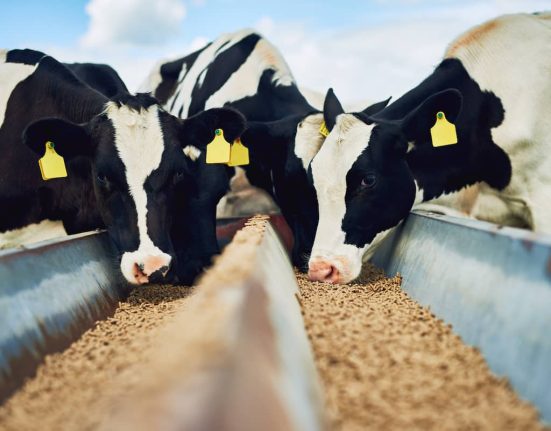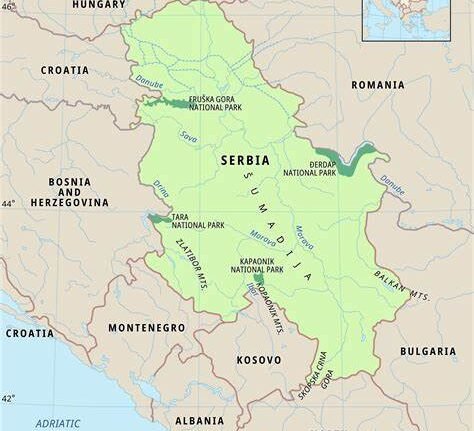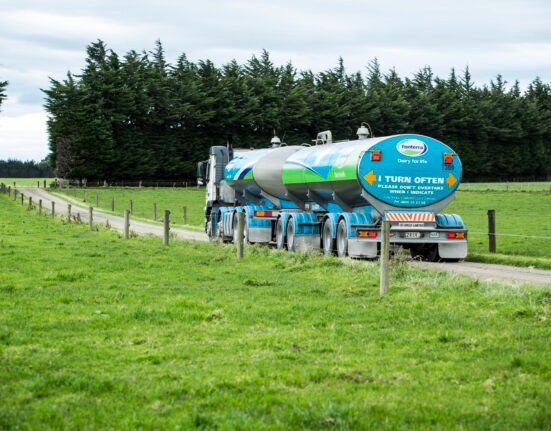In a stark declaration, the European Milk Board (EMB) has warned that Europe‚Äôs dairy sector is ‚Äúnot in good health,‚ÄĚ citing unresolved structural challenges and inadequate policy responses. Despite some improvements in farm-gate pricing, the EMB emphasized that core issues still threaten the viability of milk producers across the continent.
Speaking after the EMB General Assembly‚ÄĒwhich gathered representatives from key dairy-producing nations including Ireland, Germany, and France‚ÄĒPresident Kjartan Poulsen stated:
‚ÄúReceiving cost-covering prices more often is a positive step, but it‚Äôs not enough. Dairy farmers must earn real returns that include profit margins. The sector continues to operate under strain.‚ÄĚ
Vice President Boris Gondouin echoed the concern, calling current market dynamics unsustainable.
‚ÄúToday‚Äôs market setup tacitly relies on small farms exiting the industry to balance supply. This is neither just nor sustainable. We need long-term, constructive regulation that sustains livelihoods, not erodes them.‚ÄĚ
Deepening Crisis Despite EU Progress
While the European Commission has shown support for modernizing the Common Market Organisation, EMB officials say that tangible reforms must now come from the European Parliament and Council.
‚ÄúWe appreciate the Commission‚Äôs progressive signals,‚ÄĚ Poulsen said, ‚Äúbut we need decisive policy action to stop the exodus of farmers and to encourage new entrants.‚ÄĚ
EMB’s Reform Blueprint for Dairy Resilience
To safeguard the future of European milk production, the EMB is advocating for six major reforms:
- Preventive Crisis Instruments: Introduce tools like the Market Responsibility Programme to avert severe price collapses.
- Stronger Producer Organizations: Empower collective bargaining groups representing at least 30% of EU milk output.
- Fair Price Legislation: Enact laws preventing milk purchases below production costs.
- Mandatory Milk Contracts: Require standard contracts between farmers and processors to ensure equitable negotiations.
- Inclusive Co-operative Frameworks: Fully integrate dairy cooperatives into market regulations with equal responsibilities and benefits.
- Regulatory Streamlining: Eliminate bureaucratic hurdles that hinder daily operations and discourage production.
The EMB concluded with a clear message:
‚ÄúThese proposals pave the way for a crisis-proof, fair, and sustainable dairy sector. Implementation cannot wait.‚ÄĚ







